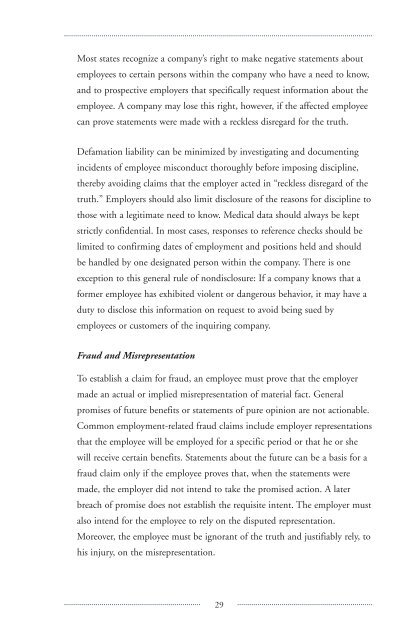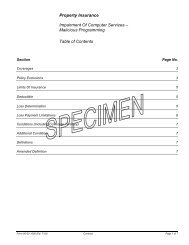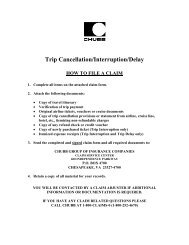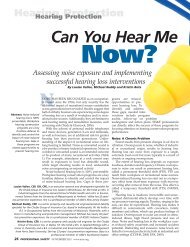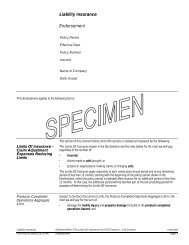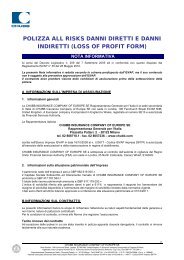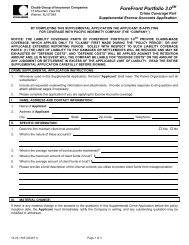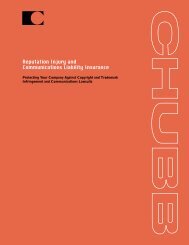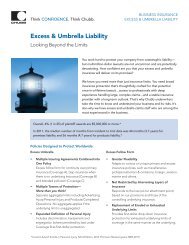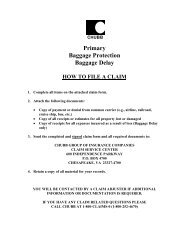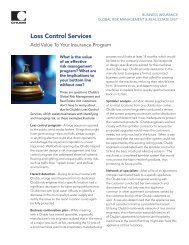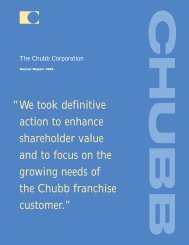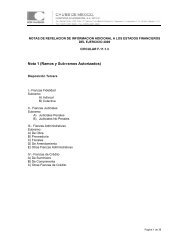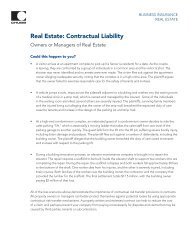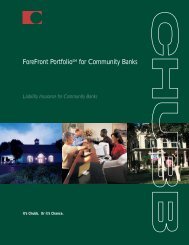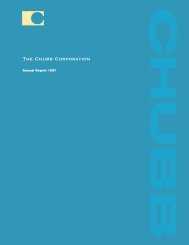Employment Practices Loss Prevention Guidelines - Chubb Group of ...
Employment Practices Loss Prevention Guidelines - Chubb Group of ...
Employment Practices Loss Prevention Guidelines - Chubb Group of ...
Create successful ePaper yourself
Turn your PDF publications into a flip-book with our unique Google optimized e-Paper software.
Most states recognize a company’s right to make negative statements about<br />
employees to certain persons within the company who have a need to know,<br />
and to prospective employers that specifically request information about the<br />
employee. A company may lose this right, however, if the affected employee<br />
can prove statements were made with a reckless disregard for the truth.<br />
Defamation liability can be minimized by investigating and documenting<br />
incidents <strong>of</strong> employee misconduct thoroughly before imposing discipline,<br />
thereby avoiding claims that the employer acted in “reckless disregard <strong>of</strong> the<br />
truth.” Employers should also limit disclosure <strong>of</strong> the reasons for discipline to<br />
those with a legitimate need to know. Medical data should always be kept<br />
strictly confidential. In most cases, responses to reference checks should be<br />
limited to confirming dates <strong>of</strong> employment and positions held and should<br />
be handled by one designated person within the company. There is one<br />
exception to this general rule <strong>of</strong> nondisclosure: If a company knows that a<br />
former employee has exhibited violent or dangerous behavior, it may have a<br />
duty to disclose this information on request to avoid being sued by<br />
employees or customers <strong>of</strong> the inquiring company.<br />
Fraud and Misrepresentation<br />
To establish a claim for fraud, an employee must prove that the employer<br />
made an actual or implied misrepresentation <strong>of</strong> material fact. General<br />
promises <strong>of</strong> future benefits or statements <strong>of</strong> pure opinion are not actionable.<br />
Common employment-related fraud claims include employer representations<br />
that the employee will be employed for a specific period or that he or she<br />
will receive certain benefits. Statements about the future can be a basis for a<br />
fraud claim only if the employee proves that, when the statements were<br />
made, the employer did not intend to take the promised action. A later<br />
breach <strong>of</strong> promise does not establish the requisite intent. The employer must<br />
also intend for the employee to rely on the disputed representation.<br />
Moreover, the employee must be ignorant <strong>of</strong> the truth and justifiably rely, to<br />
his injury, on the misrepresentation.<br />
29


